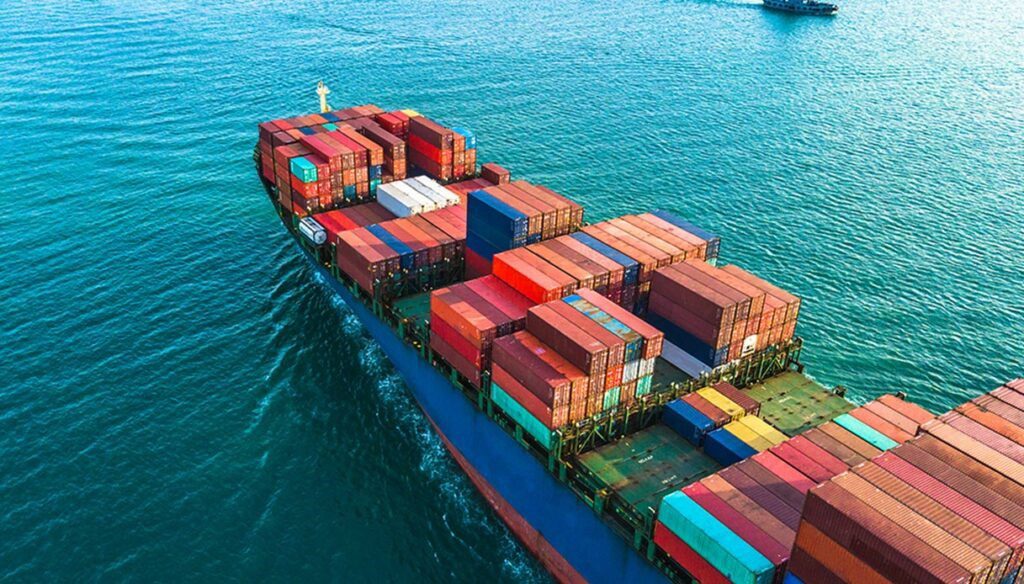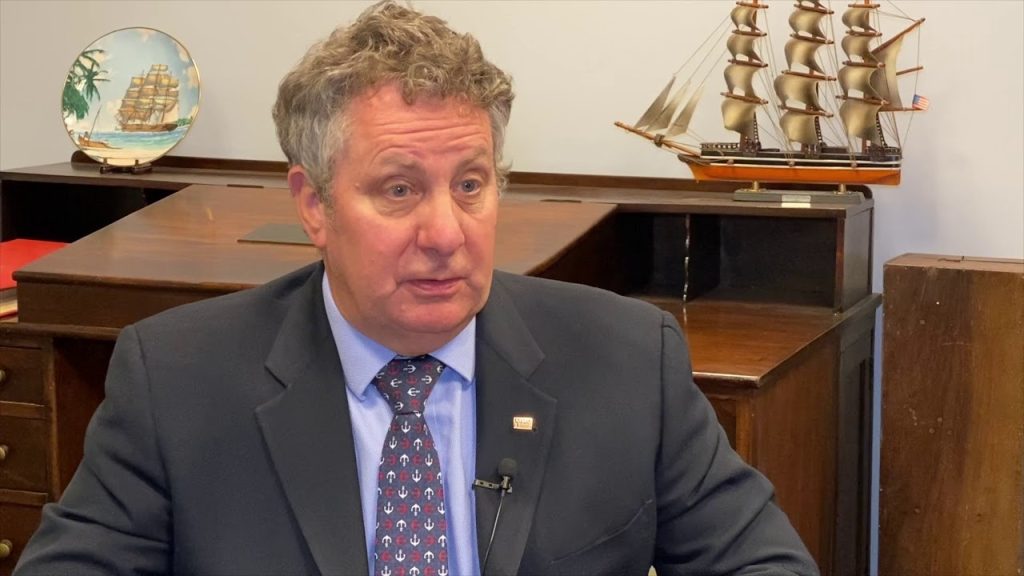Maritime Day: Honoring An “Invisible” Industry

By Loretta Worters, Vice President, Media Relations, Triple-I
Maritime Day is a time-honored tradition that recognizes one of the United States’ most important industries. It is observed on May 22, the date in 1819 that the American steamship Savannah set sail from Savannah, Ga., on the first ever transoceanic voyage under steam power.
“National Maritime Day was created by an Act of Congress in 1933 to celebrate our nation’s mariners – the Merchant Marine,” John A. Miklus, president of the American Institute of Marine Underwriters (AIMU), the trade association representing the U.S. ocean marine insurance industry. “Today, it has expanded to include the entire maritime industry and domestic water-borne commerce, of which marine insurance is a very important part.”
 John Miklus, president, American Institute of Marine Underwriters
John Miklus, president, American Institute of Marine Underwriters
Marine insurance covers the loss or damage of ships, cargo, terminals, and any transport by which the property is transferred, acquired, or held between the points of origin and the destination. Cargo insurance is the sub-branch of marine insurance, though marine insurance also includes onshore and offshore exposed property, (container terminals, ports, oil platforms, pipelines), hull, marine casualty, and marine liability.
“The U.S. ocean marine insurance industry covers every imaginable kind of vessel and cargo, whether it’s a small pleasure craft or yacht, on up to the largest cruise ship or container ship calling on a major port here in the United States,” said Miklus, a former marine insurance underwriter with extensive marine insurance and reinsurance experience.
“Marine insurance and marine commerce are often thought of as an invisible industry,” he said. “People see an Amazon truck arrive but have no idea how that package found its way to their front doorstep.”
Insurance is designed to manage risks in the event of unfortunate incidents like cargo losses, damage to expensive ships, environmental disasters due to oil pollution, piracy and recently supply chain issues.
Miklus is passionate about the marine insurance business and is proud of the work of AIMU and the industry it serves.
“Today, in modern commerce, 90 percent of the goods found in our homes probably arrived on a container ship,” Miklus said. “As vital parts of commerce, these goods all need to be insured, and our member companies of AIMU insure those goods.”





